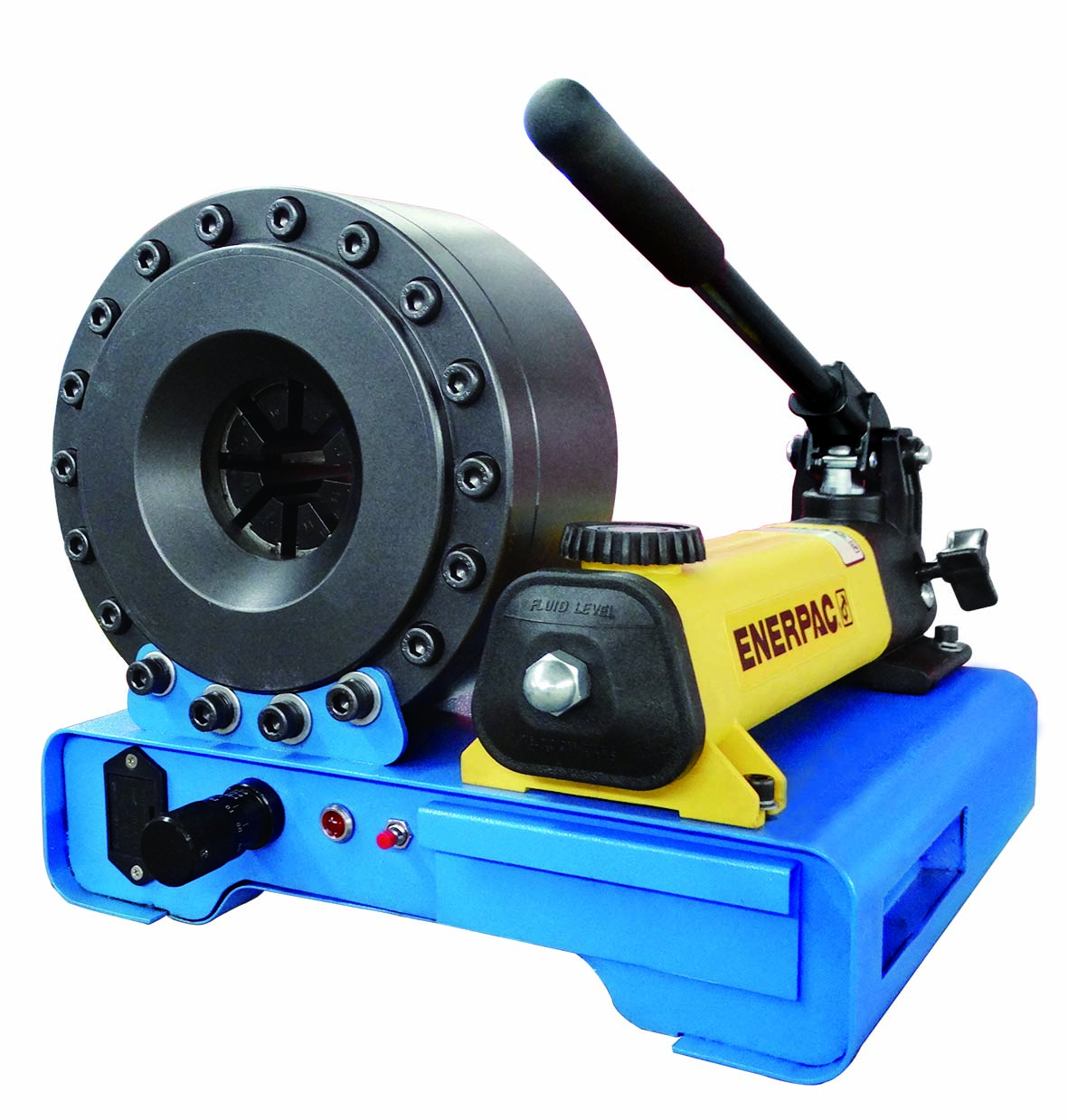335345435
Aug . 15, 2024 07:58 Back to list
manufacturers of flexible teflon hoses for various industrial applications and high-performance needs
The Rise of Teflon Flex Hose Factories
In recent years, the demand for Teflon flex hoses has surged due to their unique properties and wide range of applications. Primarily used in industries such as automotive, chemical processing, and food manufacturing, Teflon flex hoses are known for their excellent chemical resistance, high-temperature tolerance, and remarkable flexibility. As a result, a growing number of factories have emerged to cater to this expanding market, each contributing to the technological advancements and economic growth within the sector.
Understanding Teflon
Teflon, or polytetrafluoroethylene (PTFE), is a synthetic fluoropolymer renowned for its non-reactive qualities. It is often the material of choice in environments where other substances would degrade or react negatively. The creation of Teflon flex hoses involves pairing a Teflon lining with a stainless steel or other metal braid, creating a product that can withstand extreme temperatures and pressures while also preventing leakage or contamination.
The Manufacturing Process
The manufacturing of Teflon flex hoses is a meticulous process that involves several stages. It begins with the extrusion of Teflon to create a seamless lining, which is then embedded within a braided steel or metal mesh for added strength. Factories utilize advanced machinery and technology to ensure high precision and consistency in their products. Quality control is paramount in this process, as any flaws can lead to catastrophic failures in industrial applications.
In recent years, increased automation and the adoption of smart manufacturing technologies have revolutionized the production process. Factories are now employing robotics and AI to streamline operations, thereby reducing labor costs and enhancing efficiency. This shift not only meets the growing demand but also allows manufacturers to remain competitive in a global marketplace.
teflon flex hose factories

Market Demand and Applications
The applications of Teflon flex hoses are vast and varied. In the automotive industry, they are frequently used in fuel lines and coolant systems due to their ability to withstand aggressive chemicals and high temperatures. In the chemical sector, these hoses are vital for transporting corrosive substances safely. Furthermore, the food and beverage industry utilizes Teflon hoses for their hygiene standards and resistance to microbial growth.
The ongoing advancements in technology and increased emphasis on safety and efficiency in manufacturing processes have further propelled the demand for Teflon flex hoses. As industries strive to innovate, Teflon hoses are becoming fundamental components in new machinery and processes, highlighting their importance in the modern industrial landscape.
Environmental Considerations
While Teflon flex hoses offer numerous advantages, there are also environmental considerations to keep in mind. The production of Teflon involves certain chemicals that can be harmful if not managed properly. Therefore, leading factories are investing in sustainable manufacturing practices, focusing on reducing waste and minimizing carbon footprints. This commitment to environmental responsibility not only helps protect the planet but also fosters a positive brand image among increasingly eco-conscious consumers.
Conclusion
As the demand for Teflon flex hoses continues to grow, so too does the significance of the factories that produce them. These facilities are not only vital in meeting the needs of various industries but are also at the forefront of innovation and sustainability. By employing advanced technologies and adopting environmentally friendly practices, Teflon flex hose factories are poised to thrive in the competitive global market, ensuring that they play a crucial role in the industrial landscape for years to come.
-
SAE 100 R17 Black Smooth Cover Hydraulic Hose
NewsMar.07,2025
-
SAE 100 R17 Black Smooth Cover Hydraulic Hose
NewsMar.07,2025
-
SAE 100 R17 Black Smooth Cover Hydraulic Hose
NewsMar.07,2025
-
SAE 100 R17 Black Smooth Cover Hydraulic Hose
NewsMar.07,2025
-
SAE 100 R17 Black Smooth Cover Hydraulic Hose
NewsMar.07,2025
-
steel wire braided hydraulic hose
NewsMar.07,2025



